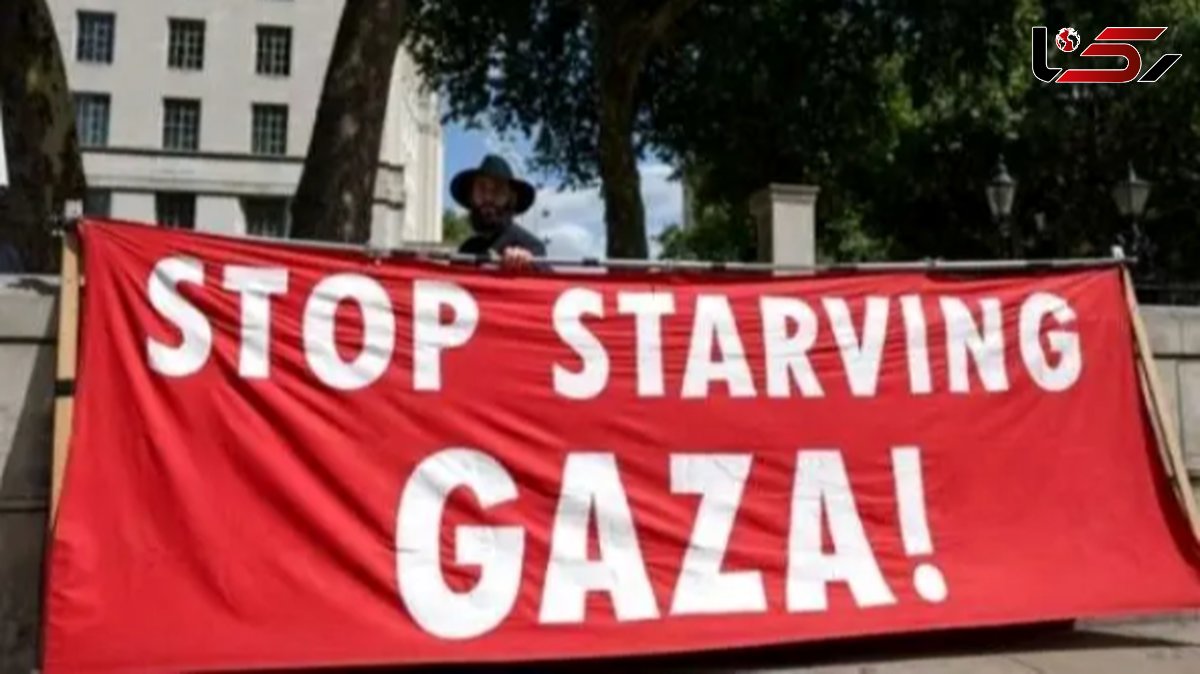Sanctioning Israel: Is Brussels Entering a New Challenge?
Rokna Political Desk: The European Union is facing the challenge of deciding on sanctions against Israeli ministers and West Bank settlers— a sensitive move that could impact the bloc’s foreign policy and define its stance against illegal settlement expansion.

The European Union is set to address one of the most sensitive issues in its foreign policy and decide whether to impose sanctions on Israeli ministers and hardline settlers in the West Bank. However, achieving consensus on this matter will not be easy.
According to Rokna, several European foreign ministers last week sent a letter to Kaja Kallas, the EU’s foreign policy chief, stating that the Union must implement the planned sanctions against Israeli ministers and West Bank settlers.
The letter called for swift action, stressing that restrictions should be imposed on individuals who encourage illegal settlement activities. The ministers also warned that those who act against a two-state solution must be held accountable.
According to Modern Diplomacy, Swedish Foreign Minister Maria Malmer Stenergard has for months been calling for sanctions on members of Israel’s far-right government, many of whom openly support the annexation of Palestinian territories. Speaking on Swedish public radio last Thursday, she declared that “sanctions must ensure that such ministers face difficulties.” She emphasized that Israel’s ongoing settlement expansion has fueled anger across Europe.
Although the Netherlands has also toughened its stance, action was delayed due to internal divisions. Dutch Foreign Minister Caspar Veldkamp resigned last week after failing to secure cabinet approval for national sanctions against Israel.
The ministers have gone even further, insisting on suspending the trade provisions of the EU–Israel cooperation agreement, which currently allows free trade in many sectors such as agriculture and industry. Losing this privilege would carry heavy economic costs for Tel Aviv. For years, opponents had argued that Israel should not benefit from preferential trade access while continuing to expand settlements in occupied territories. The European ministers now intend to transform this argument into official EU policy.
The letter comes as the United Nations has formally declared the occurrence of famine in Gaza and accused Israel of “systematic obstruction” of humanitarian aid. More than 22 months of war have caused extensive civilian casualties and destruction of vital infrastructure, bringing the humanitarian crisis to a breaking point and intensifying calls for urgent action.
According to the report, Pakistan’s clear stance in support of Palestine and its call on the international community to protect civilians has also been influential. Islamabad urged the EU to follow the Swedish and Dutch initiatives, stressing that the time for delay is over and that the moment for action has arrived. This message reflects the wider concern of developing nations about the humanitarian consequences of the crisis and the failure of past policies.
Analysts believe the humanitarian catastrophe has increased demands for stronger measures within Europe. They argue that aid cannot reach those in need without political pressure on Israel.
The proposal will be presented to EU foreign ministers on Saturday. It remains unclear how much support the Swedish and Dutch initiative will garner. Some EU governments prefer a cautious diplomatic approach, while others are concerned about their relations with Israel and the United States. Nevertheless, momentum is building, and the UN’s declaration of famine has created a new sense of urgency.
Despite these calls, the EU still faces internal divisions, and achieving consensus will not be easy. Sweden and the Netherlands have often been active participants in Middle East discussions within the EU. Their latest move demonstrates their readiness to pursue tougher measures. By contrast, countries such as Germany and Hungary have consistently opposed sanctions on Israel. France and Spain have adopted stricter positions, yet remain cautious about trade measures.
However, the academic bulletin from Sweden and the Netherlands underscores that pressure on Israel is no longer a marginal concept within the EU but has become a central part of the political discourse. This shift coincides with U.S.–Israel negotiations on post-war Gaza. While Washington has called for restraint, it remains militarily aligned with Israel.
In any case, the adoption of sanctions would mark a turning point. The EU has repeatedly criticized Israel’s settlement policy, but has taken very few concrete steps. The most effective measure could be the suspension of the trade agreement.
According to Modern Diplomacy, as the war approaches its twenty-third month and Gaza’s humanitarian crisis reaches a critical stage, the European Union faces a major challenge in defining the future of its Middle East policy. The Swedish and Dutch letter not only reflects growing anger in Europe but also signifies an important shift in the Union’s approach—a shift with potentially wide-ranging diplomatic consequences. The issue of sanctions is now firmly on the European agenda.
Send Comments